What are you looking for at Aqrani library?
-
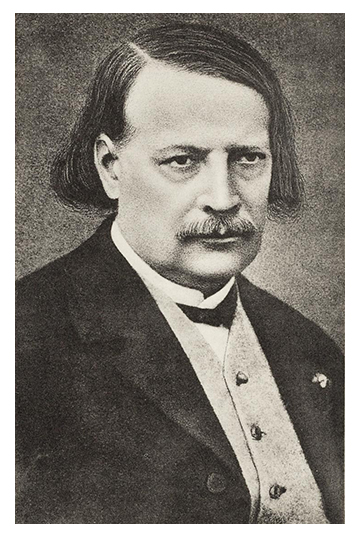
Henri Conscience
Henri (Hendrik) Conscience (3 December 1812 – 10 September 1883) was a Belgian author. He is considered the pioneer of Dutch-language literature in Flanders, writing at a time when Belgium was dominated by the French language among the upper classes, in literature and government. Conscience fought as a Belgian revolutionary in 1830 and was a notable writer in the Romanticist style popular in the early 19th century. He is best known for his romantic nationalist novel, The Lion of Flanders (1838), inspired by the victory of a Flemish peasant militia over French knights at the 1302 Battle of the Golden Spurs during the Franco-Flemish War.Over the course of his career, he published over 100 novels and novellas and achieved considerable popularity. After his death, with the decline of romanticism, his works became less fashionable but are still considered as classics of Flemish literature.
-
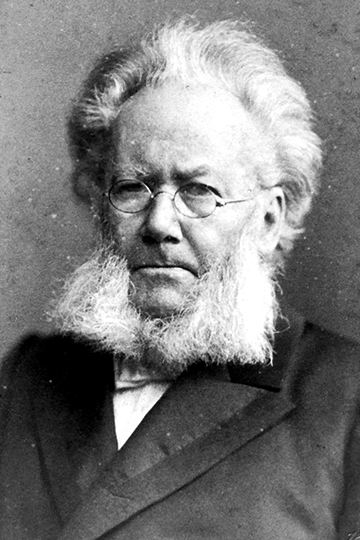
Henrik Ibsen
Henrik Johan Ibsen (20 March 1828 – 23 May 1906) was a Norwegian playwright and theatre director. As one of the founders of modernism in theatre, Ibsen is often referred to as "the father of realism" and one of the most influential playwrights of his time. His major works include Brand, Peer Gynt, An Enemy of the People, Emperor and Galilean, A Doll's House, Hedda Gabler, Ghosts, The Wild Duck, When We Dead Awaken, Rosmersholm, and The Master Builder. He is the most frequently performed dramatist in the world after Shakespeare,. and A Doll's House was the world's most performed play in 2006..Ibsen's early poetic and cinematic play Peer Gynt has strong surreal elements. After Peer Gynt Ibsen abandoned verse and wrote in realistic prose. Several of his later dramas were considered scandalous to many of his era, when European theatre was expected to model strict morals of family life and propriety. Ibsen's later work examined the realities that lay behind the facades, revealing much that was disquieting to a number of his contemporaries. He had a critical eye and conducted a free inquiry into the conditions of life and issues of morality. In many critics' estimates The Wild Duck and Rosmersholm are "vying with each other as rivals for the top place among Ibsen's works", Ibsen himself regarded Emperor and Galilean as his masterpiece.Ibsen is often ranked as one of the most distinguished playwrights in the European tradition. He is widely regarded as the foremost playwright of the nineteenth century. He influenced other playwrights and novelists such as George Bernard Shaw, Oscar Wilde, Arthur Miller, James Joyce, Eugene O'Neill, and Miroslav Krleža. Ibsen was nominated for the Nobel Prize in Literature in 1902, 1903, and 1904.
-
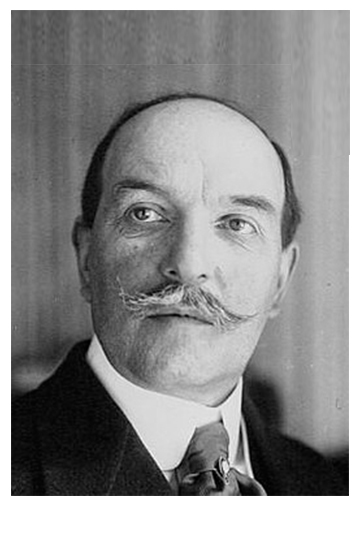
Henry Bordeaux
Henry Bordeaux (25 January 1870 – 29 March 1963) was a French writer and lawyer.Bordeaux came from a family of lawyers of Savoy. He was born in Thonon-les-Bains, Haute-Savoie. His grandfather was a magistrate and his father served on the Chambéry bar. During his early life, he relocated between Savoy and Paris and the tensions between provincial and city life influenced his writings. In his professional life he observed closely the dissolution of numerous families and analysed the causes and consequences of these. From the age of seventeen he spent three years in Paris studying law. Then he returned to practice law in Savoy. He returned to Paris after the publication of his first book during 1894. When his father died in 1896 he returned to Savoy.The writings of Bordeaux reflect the values of traditional provincial Catholic communities. One recurring theme is loyalty. Loyalty is pervasive, and it applies to family, country and God. This theme is particularly evidenced in the novels "La Peur de vivre" and "Les Roquevillard."Bordeaux was elected to the Académie française on 22 May 1919. This elite group of writers, popularly known as the "immortals," are responsible for establishing and maintaining the grammar, usage and acceptance of vocabulary into standard French.He was a contributor to Le Visage de l'Italie, a 1929 book about Italy prefaced by Benito Mussolini.Bordeaux died in Paris in 1963.
-
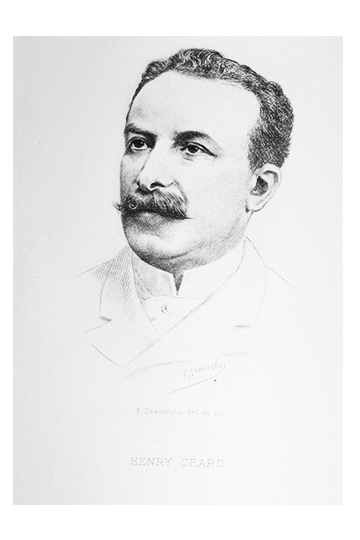
Henry Céard
Henry Céard, born in Bercy on November 18, 1851 and died in Paris on August 16, 1924, was a French novelist, poet, playwright and literary critic. A naturalist writer, he was a close friend of Émile Zola until the Dreyfus Affair. First employed at the War Ministry, he was successively attaché to the office of the Prefect of the Seine, then deputy director of the library of the City of Paris at the Carnavalet Hotel. He collaborated on various sheets as a literary and dramatic critic and participated in the collective collection of the Soirées de Médan with his short story La Saignée, recounting an episode of the siege of Paris.
-
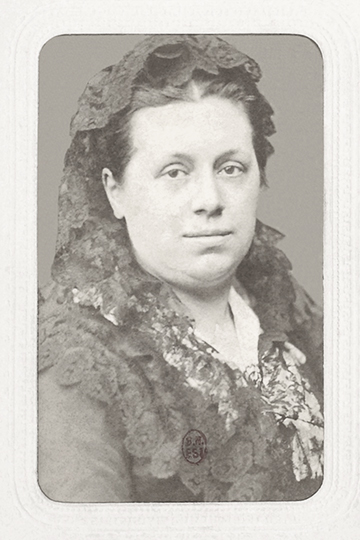
Henry Gréville
Henry Gréville (12 October 1842 in Paris – 26 May 1902), pen name for Mrs. Alice Durand, born Fleury, was a French writer.The daughter of a professor, she accompanied her father to St. Petersburg, studied languages and science and married Émile Durand, a French law professor at Petersburg, with whom she returned to France in 1872.Gréville had already published novels in St. Petersburg journals: A travers des champs and Sonia, and continued her production in France, first with the novels Dosia (1876) and L'Expiation de Savéli (1876), depicting Russian society. Dosia was awarded the Montbon prize and saw many editions. Her books were translated in many European languages.
-
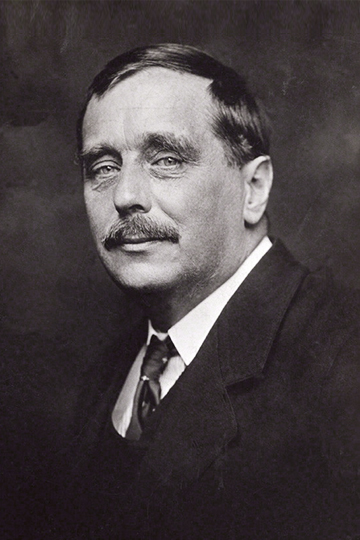
Herbert George Wells
Herbert George Wells (21 September 1866 – 13 August 1946) was an English writer. Prolific in many genres, he wrote dozens of novels, short stories, and works of social commentary, history, satire, biography and autobiography. His work also included two books on recreational war games. Wells is now best remembered for his science fiction novels and is often called the "father of science fiction", along with Jules Verne and the publisher Hugo Gernsback.During his own lifetime, however, he was most prominent as a forward-looking, even prophetic social critic who devoted his literary talents to the development of a progressive vision on a global scale. A futurist, he wrote a number of utopian works and foresaw the advent of aircraft, tanks, space travel, nuclear weapons, satellite television and something resembling the World Wide Web. His science fiction imagined time travel, alien invasion, invisibility, and biological engineering. Brian Aldiss referred to Wells as the "Shakespeare of science fiction".Wells rendered his works convincing by instilling commonplace detail alongside a single extraordinary assumption – dubbed “Wells's law” – leading Joseph Conrad to hail him in 1898 as "O Realist of the Fantastic!". His most notable science fiction works include The Time Machine (1895), The Island of Doctor Moreau (1896), The Invisible Man (1897), The War of the Worlds (1898).
-

Hippolyte de Chavannes
Hippolyte de Chavannes de la giraudière is a writer and journalist, whose singular adventures are reported in the Memoirs of Brissot. He is the author of children's books published in the collections "Bibliothèque des familles", "Bibliothèque des enfants", "Bibliothèques des écoles chrétiennes", etc. He published during the second half of the 19th century.
-
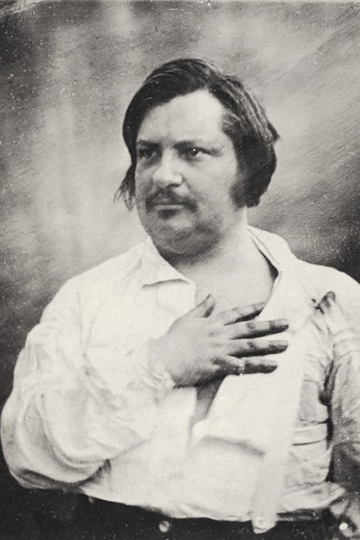
Honoré De Balzac
Honoré de Balzac born Honoré Balzac 20 May 1799 – 18 August 1850) was a French novelist and playwright. The novel sequence La Comédie humaine, which presents a panorama of post-Napoleonic French life, is generally viewed as his magnum opus.Owing to his keen observation of detail and unfiltered representation of society, Balzac is regarded as one of the founders of realism in European literature. He is renowned for his multi-faceted characters, even his lesser characters are complex, morally ambiguous and fully human. Inanimate objects are imbued with character as well, the city of Paris, a backdrop for much of his writing, takes on many human qualities. His writing influenced many famous writers, including the novelists Émile Zola, Charles Dickens, Gustave Flaubert, and Henry James, filmmaker François Truffaut, and philosophers such as Friedrich Engels and Karl Marx. Many of Balzac's works have been made into films and continue to inspire other writers.
-

Inconnu
Unknown
-
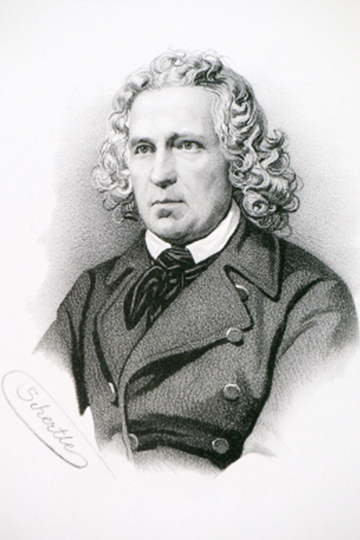
Jacob Grimm
Jacob Ludwig Karl Grimm (4 January 1785 – 20 September 1863), also known as Ludwig Karl, was a German philologist, jurist, and folklorist. He is known as the discoverer of Grimm's law of linguistics, the co-author of the monumental Deutsches Wörterbuch, the author of Deutsche Mythologie, and the editor of Grimm's Fairy Tales. He was the older brother of Wilhelm Grimm, of the literary duo the Brothers Grimm. Jacob Grimm died on 20 September 1863, in Berlin, Germany from disease.